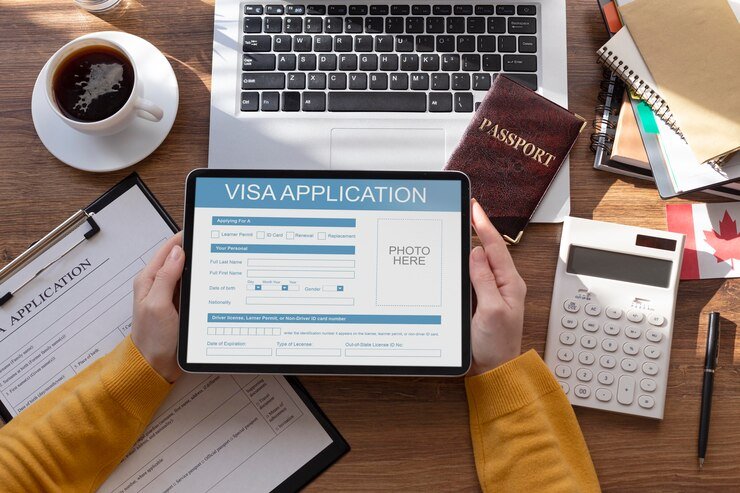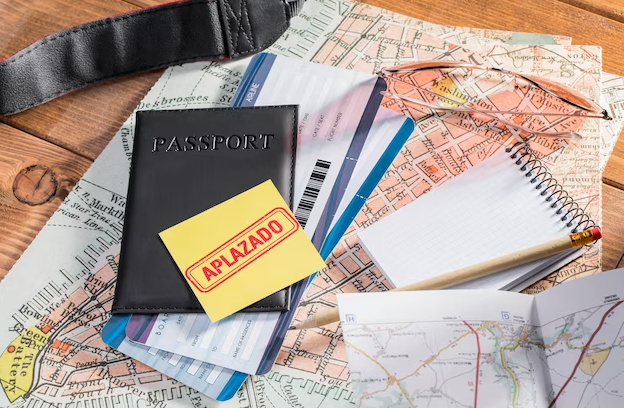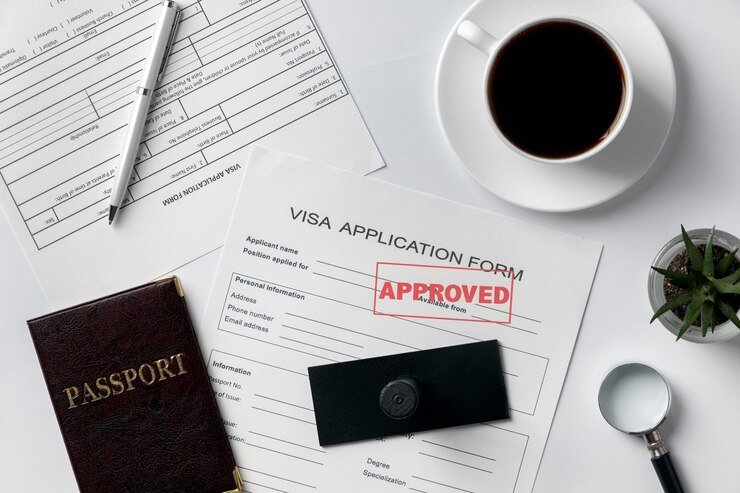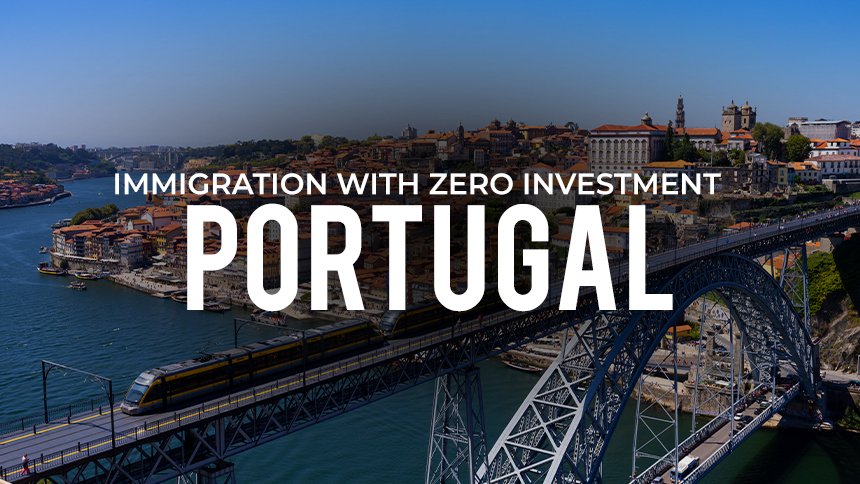Portugal immigration with zero investment provides an attractive pathway for those looking to relocate to the country without the financial burdens of an upfront investment. Considering how Portugal promises stunning coastlines, vibrant culture, and welcoming people, it has become a magnet for those seeking a fresh start.
This article will shed insights into the many options for relocating to Portugal without making hefty investments. You can access the Portuguese healthcare and education systems through these routes, work, do business, and even apply for permanent residency.
What Portuguese immigration requires investment?
First, you need to understand how people move to Portugal by making investments. The Portugal Golden Visa program is an attractive program where people invest in the country to secure residence permits. Historically, you could make these investments by making property investments (buying property in Portugal) or capital investments.
As of October 2023, the Portuguese government discontinued allowing foreigners to invest in real estate and the capital transfer pathway. However, people can still use the program by making other investments such as venture capital fund investments, job creation, scientific research, and cultural production.
Nevertheless, no matter the investment time, the most significant drawback of the Golden Visa program is that you need to invest a massive amount of money to achieve this visa. You’ll need to invest about €250,000, minimum, with fees as high as €30,000. That’s why you may consider other pathways to Portuguese immigration with zero investment.
Who can apply for Portuguese immigration with zero investment?
To be eligible for immigrating to Portugal without upfront investment, you must meet certain criteria. Firstly, the individual must be from a non-EU/EFTA country and possess a valid passport. It is also necessary not to have a criminal record and be able to support oneself financially while living in Portugal. Meeting these criteria is the foundation for applying for immigration to Portugal without upfront investment.

D7 Visa Program: The Pathway to Portugal Immigration with Zero Investment
The D7 visa program is your golden ticket. Also called a Passive Income Visa, the D7 visa allows you to live in Portugal without any minimum investment requirement as long as you have sufficient passive income. This income can come from various sources, including pensions, real properties, and investment income. You can also choose to handle your visa application on your own or get the services of an immigration lawyer – whichever you choose.
Now, let’s look at the benefits of following this pathway.
Anyone can apply for the D7 Visa program.
The most fascinating thing about this approach to Portuguese immigration is that you can be anyone following this pathway. Whether you are a digital nomad, blogger, remote worker, or hobbyist, you can follow the D7 visa program. The only criteria is demonstrating that you can support and accommodate yourself in the country alongside your passive income route.
The minimum fee is dirt cheap.
At the minimum, your monthly passive income should be Portugal’s minimum wage, which is presently €760, to become eligible to be considered for Portugal’s D7 visa. This is just the minimum and shouldn’t be your target. Getting the D7 can become competitive because it’s a popular choice. We also advise that you confirm with your local Portuguese embassy to understand the specific requirements that apply to you.
Opportunity to apply for permanent residence or citizenship after only five years
You can apply for Portuguese citizenship/permanent residence after 5 years if you maintain all eligibility and your passive income requirements. You won’t have to renounce your citizenship as well. That said, you’ll be expected to pass a language test in basic Portuguese.
A Simple and fantastic process that takes only a few months
You can quickly apply for the D7 Visa and receive a reply within four to six months. Plus, you are eligible to relocate with your family to Portugal. That said, you must stay at least six months every year to maintain the D7 Visa.
Attractive taxation opportunities
As a D7 Visa holder, you can apply for the Non Habitual Tax regime, which offers reduced tax rates and many exemptions for the first ten years in the country.

Other considerations when applying for the D7 Visa
However, you need to consider the requirements for this visa and how they fit into your plans. First, as mentioned earlier, the principal applicant must get a minimum monthly passive income equivalent to the Portuguese minimum wage. Suppose your spouse or parents are also moving with you. In that case, they must demonstrate receiving a minimum of 50% of the Portuguese minimum wage.
Dependent children also need to receive 30% of the minimum wage. We also stated that you should speak to your local Portuguese embassy about the conditions that apply to you. We also recommend that you have up to six months of that passive income saved up.
Beyond that, here are other requirements to apply for the D7 visa.
- NIF in Portuguese (Tax number): You must obtain a Portuguese tax identification number. You can hire an attorney to have it done for you without needing to travel to Portugal
- Portuguese bank account: After obtaining NIF, you need a Portuguese bank account. Fortunately, you can do that online. Then, you must deposit at least €7,000 in your bank account as an applicant. For married couples, your deposit should be about €10,500.
- Proof of accommodation: You must get a long-term rental contract of a minimum of 12 months before traveling to Portugal.
- Comprehensive health insurance: You must purchase comprehensive EU-wide health insurance about 12 months in advance. Every applicant will need a minimum of €30,000 in medical insurance.
- You have no criminal convictions before
- You must remain physically present for at least six months (or 183 days) per year to maintain your visa.
Other visa types for Portugal immigration with zero investment
Self-employment visa
This visa is ideal for anyone looking to establish a business in Portugal. You must prove that you will work with Portuguese companies, such as a contract or written proposal. This visa is typically issued for two years and renewed for up to three years. At the end of five years, you can then apply for permanent residency in Portugal. You need a clean chemical and necessary business records for this visa type. You must have registered with a tax authority.

Startup visa (D2 Visa)
A startup visa is an excellent choice for starting innovative projects in Portugal. These visas do not require you to invest a certain amount. However, as expected, you must have rented accommodation in Portugal and must have sufficient funds for everyday expenses.
You must also open a bank account and have a minimum of €5,200 there. To apply, you need a solid business plan. You must prove that you have an established business that operates in Portugal or that you have the financial means to open one. You also need sufficient funds to support yourself.
Portugal Tech Visa
Portugal Tech Visa is also a choice for companies with headquarters or permanent offices. Hence, talents with job offers to work with such companies can apply for this visa. With this visa, you can move to live in Portugal for up to 1 year at a time.

Digital Nomad Visa (D8 visa)
Portugal recently created the digital nomad visa. This visa allows multiple entries, and you can stay up to 2 years in the country with the possibility of an extension for another 3 years. With this visa, you can work as a self-employed freelancer or online business owner in the country.
This visa also requires that you have sufficient income to sustain yourself. It should be four times the present Portuguese minimum wage. Additionally, you need proof of employment contracts with businesses outside Portugal. Bank statements, payslips, and invoices are essential documents verifying monthly income.
Employment visas
Portugal provides two different visa types for foreigners that Portuguese companies employ – the D1 and D3 visas. The D1 visa is for all foreign employees of Portuguese companies to obtain residency in the country. This visa does not require higher education. You need a work contract with your employee for at least 12 months alongside proof of accommodation.
In contrast, the D3 visa is for highly qualified professionals (HQA). So, this visa is often given to professionals, scientists, doctors, engineers, and top management. To obtain this visa, you need a job contract with a minimum of 1.5 times the national average gross annual salary. You also need to hold high professional qualifications, whether or not your career is in a regulated or non-regulated field.
Family unification
The Family unification visa also does not require any investment in the country. You can apply for it as the spouse, parent, sibling, or dependent child of a resident. Applying for this visa requires a document proving a relationship with the Portuguese national or President.
Temporary stay visas
Portugal also has a host of temporary stay visas for various people. You can choose the Job seeker visa or tourist visa as well. These visa types range from job seekers, study, temporary work, and volunteer to tourist visas. You can obtain these temporary visas for work, study, tours, religious purposes, digital nomads, medical treatments, and more. They are also not required to make any investments in the country. However, their length of stay ranges from 90 days to 1 year. These temporary stay visa types do not count towards permanent residency or citizenship.
Conclusion
For many people looking to apply for immigration to Portugal with zero investment, there are many options. All you need do is choose the visa that aligns correctly with your goals. Portugal further makes itself more attractive by providing a pathway to immigration from various visa types. Follow the steps to discover the visa that meets your needs and jumpstart your communication as you plan to start anew in the gorgeous European country.






